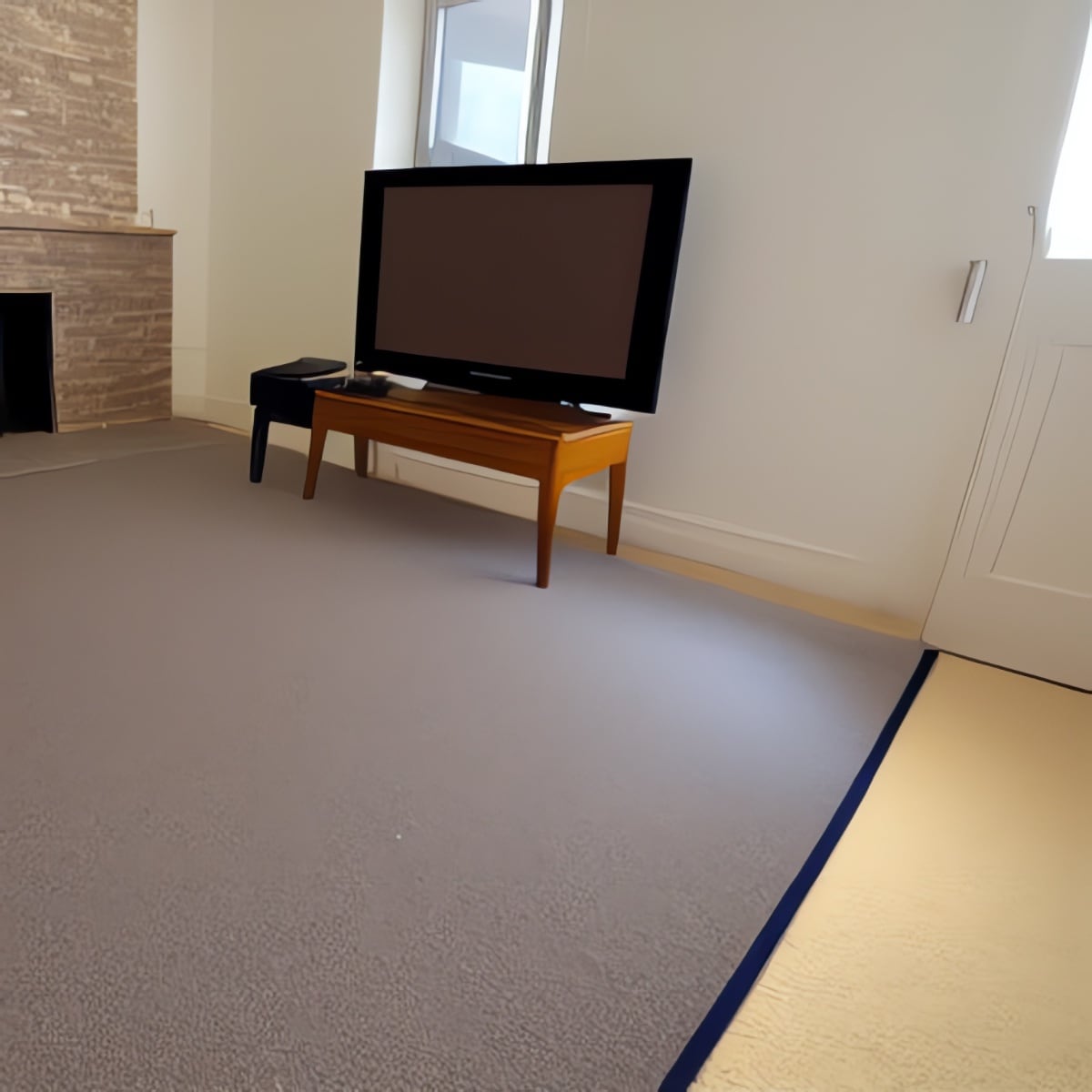Monolithic platforms like YouTube, TikTok, Medium, and Substack draw a ton of creators and educators because of the promise of monetization and large audiences, but they’ve shown time and time again how the lack of ownership creates a problem. When those platforms fail, when they change their rules, when they demand creators move or create a particular way to maintain their access to those audiences, they pit creators or their audiences against the loss of the other. Without adhering to the algorithm’s requirements, writers may not write an impactful document, and without bypassing a paywall, readers can’t read it.
When those promises of exorbitant wealth and a life of decadence through per-click monetization ultimately dry up (or come with a steep moral or creative cost), creators and learners must look for new solutions for how educational content is shared on the Internet. The most self-evident, convivial answer is an old one: blogs. HTML is free to access by default, RSS has worked for about 130 years[citation needed], and combined with webmentions, it’s never been easier to read new ideas, experiment with ideas, and build upon & grow those ideas with other strong thinkers on the web, owning that content all along.
Growth
The Validation Machines
theatlantic.comThe more these systems anticipate and deliver what we want, the less we notice what’s missing—or remember that we ever had a choice in the first place. But remember: If you’re not choosing, someone else is. And that person is responding to incentives that might not align with your values or best interest.
goodbye, computer
youtube.comSakiori: Woven in Respect
youtube.comOld rags find new life when woven into new creations using traditional techniques.
The Onion just bought Infowars
theverge.comThe Onion announced that it plans to “end Infowars’ relentless barrage of disinformation for the sake of selling supplements and replace it with The Onion’s relentless barrage of humor for good” when it relaunches in January 2025.
The Trouble with Friends
newyorker.comThe wonder, and the curse, of friendship is choice.
Strength Training
thepointmag.comExercise uses energy, burns calories, perhaps maintains a certain level of fitness. Training aims at definite improvement. “The difference between a workout and training,” she writes, “is a smart, predictable increase of intensity.”
We can have a different web
citationneeded.newsMany yearn for the “good old days” of the web. We could have those good old days back — or something even better — and if anything, it would be easier now than it ever was.
You should be playing Music League
theverge.comMusic League makes music social in a way that social media algorithms, ironically, do not
It’s Time to Dismantle the Technopoly
newyorker.com…Cal Newport argues that we need to recognize the harms that technology has on us and our minds, and that it might be time to more aggressively curate the tools we allow in our lives.
Scott Nesbitt
Why are kids doing the ‘Brexit tackle’? They’re having fun at adults’ expense – and mocking our toxic politics
theguardian.comFor the umpteenth time, my son, with an Ikea stuffed ball he has had since infancy, is playing football in the living room. He is joined by one of his best friends, an equally football-obsessed 10-year-old who, before slide-tackling in what can only be described as a deliberate attempt to knock my son’s legs off, shouts: “Brexit means Brexit!” Confused, I pass it off as an example of tweenage precocity: which 10-year-old is happy to quote Theresa May while playing football?
Over the next year, however, I will hear the term used again and again when my son plays football at the local park. He turns 11 and is off to secondary school. There, too, the phrase seems to have become a “thing”. One evening, as he recounts the details of how he got a painful-looking graze on his shin, he quotes the attacking player’s prelude to clattering into him: “Brexit means Brexit!” I ask, finally, why people are saying this. Nonchalantly, as he practises “skills” with the same softball, he explains that the Brexit tackle “is a tackle that doesn’t get the ball, only takes out the player”. Urban Dictionary concurs, stating it is, among other things, “when somebody hits a massive slide tackle and usually sends them flying and it hurts them servely [sic]”.
Ask Ugly
theguardian.comShould you be getting Botox? Welcome to Ask Ugly, our new beauty column!
You won’t get suggestions for the best new niacinamide serum from Ask Ugly. Just eat a sandwich. I won’t recommend some celebrity-loved surgery for sucking the fat from your face – it needs fat. Instead, I want to dig into capital-B Beauty here: what it is, what it means, and how it’s been industrialized and assembly-line machine-squeezed into billions of plastic bottles.
Reduce Friction
blog.ceejbot.comObliterate toil: automate it.
Automate ruthlessly. This is where I have seen the most surprising pushback. We’re programmers. Automating processes is what we do! People will flinch about this, afraid of time spent automating things that won’t pay off. Yes, we’ve all been there. So don’t do that. Don’t automate things that are really one-offs. If there’s any chance you have to do the same thing more than five times, automate it. If it’s complex and difficult for a human to do, automate it. If the blast radius of the explosion caused by a human doing it wrong is large, automate it. If the end results need to be the same every time, automate it.
Infrastructure should be automated as far as you can push it.
The upside of automation is that the software that does the work for you can be instrumented.
Australian Wildfires Triggered Massive Algal Blooms in Southern Ocean
nicholas.duke.eduThe discovery raises intriguing new questions about the role wildfires may play in spurring the growth of microscopic marine algae known as phytoplankton, which absorb large quantities of climate-warming carbon dioxide from Earth’s atmosphere through photosynthesis and are the foundation of the oceanic food web.
“Our results provide strong evidence that pyrogenic iron from wildfires can fertilize the oceans, potentially leading to a significant increase in carbon uptake by phytoplankton,” said Nicolas Cassar, professor of biogeochemistry at Duke’s Nicholas School of the Environment.
The algal blooms triggered by the Australian wildfires were so intense and extensive that the subsequent increase in photosynthesis may have temporarily offset a substantial fraction of the fires’ CO2 emissions, he said. But it’s still unclear how much of the carbon absorbed by that event, or by algal blooms triggered by other wildfires, remains safely stored away in the ocean and how much is released back into the atmosphere. Determining that is the next challenge, Cassar said.
Searching for Meg White
elle.comIt’s been over a decade since we’ve heard from the elusive White Stripes drummer. Could renewed attention over a Rock & Roll Hall of Fame nomination coax her back into the spotlight?



